Garlic and Racing Pigeons
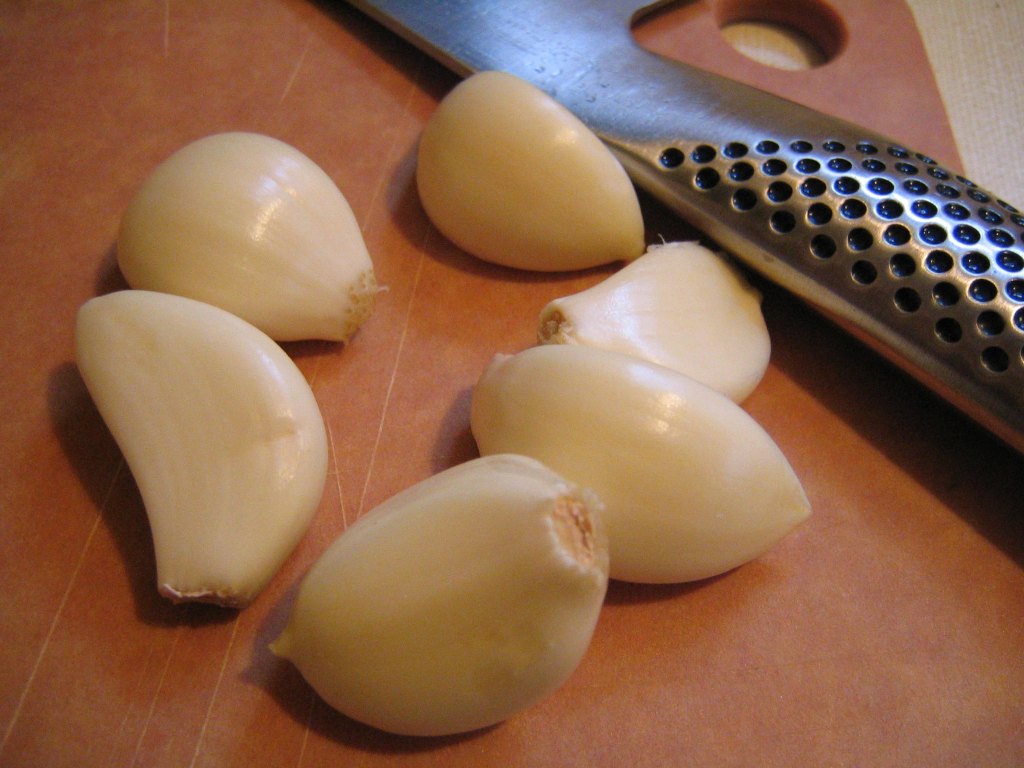 Now what about the use of garlic in racing pigeons? It is a popular, widely used product, but solid, scientific information on its effects in pigeons seems to be scarce. Everything from cloves of garlic to powders, pills and oils are available in health food stores, grocery stores and by companies selling products for pigeons. Are there any real benefits, or are the “benefits” in the eye of the beholder, i.e. the fancier who uses garlic products? Little scientific information for racing pigeons seems to be readily available, but it should be possible to extrapolate information from work done in humans and laboratory animals to pigeons.
Now what about the use of garlic in racing pigeons? It is a popular, widely used product, but solid, scientific information on its effects in pigeons seems to be scarce. Everything from cloves of garlic to powders, pills and oils are available in health food stores, grocery stores and by companies selling products for pigeons. Are there any real benefits, or are the “benefits” in the eye of the beholder, i.e. the fancier who uses garlic products? Little scientific information for racing pigeons seems to be readily available, but it should be possible to extrapolate information from work done in humans and laboratory animals to pigeons.
Firstly and foremostly, logic based on a number of studies, says that the best source o the good effects of garlic is fresh cloves of garlic. Manufacturing procedures in the preparation of garlic powders, liquids and oils can vary considerable, and since important, active compounds in garlic can be lost very easily when garlic is processed to produce these liquids and powders, ect,. it seems best to avoid these products as they may contain few, if any, of the useful compounds in garlic. Further, it is best to crush cloves of garlic and add them directly to drinking water for pigeons, rather than heating or boiling them, to avoid losing a number of key chemicals in the cloves. Remember that heating garlic cloves above 60� can cause the loss of odour and medicinal properties.
Secondly, garlic may provide a temporary antibiotic effect on disease-producing bacteria, fungi and yeasts, both in the digestive tract and body tissues, by reducing their numbers during the period that it is in the drinking water. Thirdly, the trace minerals selenium and germanium present in garlic may give a boost to the immune system of pigeons, to increase their ability to fight disease-producing organisms of many kinds. IN domestic livestock, selenium is known to be important in the normal development of the immune system while the animal is growing on the uterus. A deficiency of selenium and Vitamin E has a definite adverse effect, because in such deficiencies, the development of immune system is retarded. As a result, the newborn animal or bird may be completely or severely restricted from protecting itself against invading organisms of all kinds.
Fourthly, although dissolving blood clots (the cause of heart attacks and strokes in humans) or preventing their formation in the arteries of humans is important in human medicine, it is known that racing pigeons are highly resistant to the buildup of fatty substances in their arteries. In human, these fatty substances may clog blood vessels or they may induce the formation of a clot at the point where the vessel is narrowed by the fatty deposits, and result in a heart attack or stroke. In contrast to racing pigeons, some meat- producing breeds of pigeons are very susceptible to a buildup of fatty substances in their vessels. So garlic might be of benefit to meat varieties of pigeons, but as racing pigeons are highly resistant to this type of buildup, the benefit might not be so great in the blood vessels of racing pigeons.
Fifthly, garlic as a de-toxifying agent could have a role as a “blood purifier” or a “tissue purifier,” so to speak—whatever these phrases may mean, since they can and do cloak a great deal of the ignorance we all share on this subject. Both are meaningless expressions that really don’t explain anything, but they are used commonly in the mystique of pigeon racing! That aside, there are indications that chemical compounds in garlic may assist the body to de-toxify, neutralize or eliminate noxious substances. In pigeons, the use of garlic after a race may assist the so-called “depurative” diets—whatever that might mean—in restoring a bird to normal racing condition. Whether lactic acidosis is a real problem in returned racers is still debatable, in my opinion. Because, fat is unquestionably the major fuel for racing, and because the burning of fat for energy by racing birds is an aerobic process in the body, lactic acid—which results when glycogen is used as fuel in an anaerobic process—should not be produced, at least in any great amount. Braking and landing at the end of a race are very likely anaerobic processes, but the amount of lactic acid produced from such rapidly occurring events should be miniscule. In theory, it could be shown that birds actually sprint the last few miles of a race, much as a human marathon runner might sprint the last 100 yards or so, then there could be a good basis for believing that lactic aced—one of the so-called “impurities” in the blood—is produced, and that it needs to be eliminated. Lactic acid is known to be produced in human distance runners who sprint the last leg of a race. However, in most cases, usually a 20 minute “cool-down” walk will effectively “burn off” or eliminate the lactic acid from the system. It is known that pigeons that are not exercised reasonably soon after a long grueling race may develop marked swelling of the breast muscles that become hard and board-like. The birds become “tied up” and have difficulty flying from the floor to the lowest perches or nest boxes. Given this knowledge, it is possible, and indeed likely, that lactic acidosis is involved in such situations and that early workouts after a race would eliminate this problem. It is also possible that the use of crushed garlic cloves in drinking water at this time might add some extra benefit in allowing the liver and other organs to metabolize lactic acid and other compounds, and to help restore the birds to normal racing condition. Dosages of garlic for pigeons are difficult to come by, particularly since there is such variability in the amount of the key chemical alliin, which is converted to the active compound allicin, in garlic cloves.
Garlic in racing pigeons remains quite an enigma, and as fanciers, we use it without really knowing why, but our ignorance is shared by many people, including the human and veterinary medical communities, who have only tantalizing bits of information to suggest that there may be a number of positive effects from the use of garlic. Certainly, as indicated earlier in this article studies in laboratory animals and humans suggest a number of desirable effects from the use of garlic. Whether these effects apply directly to racing pigeons is just not known at this time. However, present evidence from human and laboratory animal work, and the empirical experience of many fanciers, suggest that, when used judiciously, crushed cloves of garlic, used in drinking water, may be a highly useful product in the loft throughout the year, but especially during rearing and the racing season. At present, garlic-based oils, powders and pills are likely much less useful. Possibly newer developments in extracting the active principles of garlic may get around the present problems associated with current methods. Until these problems are solved, fresh cloves of garlic from the grocery store are still the best source of the medicinal properties of garlic. I hope that this sketchy outline of the potential value of garlic, and some of its risks, may stimulate more controlled research on its value (or lack of) in racing pigeons. There is much to learn! This article merely scratches the surface.
Garlic and Racing Pigeons by Dr. A Chalmers, DVM
Sign up for the Pigeon Insider Newsletter, click here to learn more.
The Pigeon Insider – The Leading Online Pigeon Racing and Racing Pigeons Magazine!

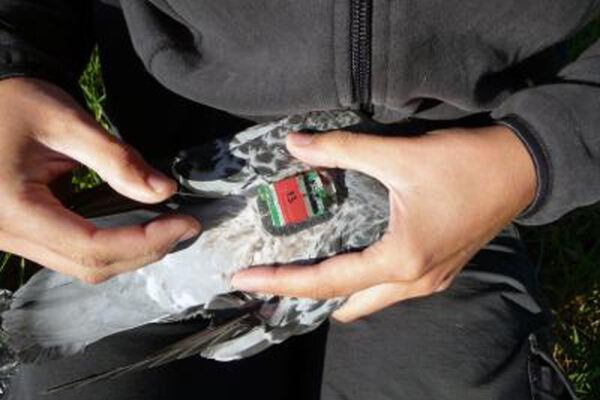
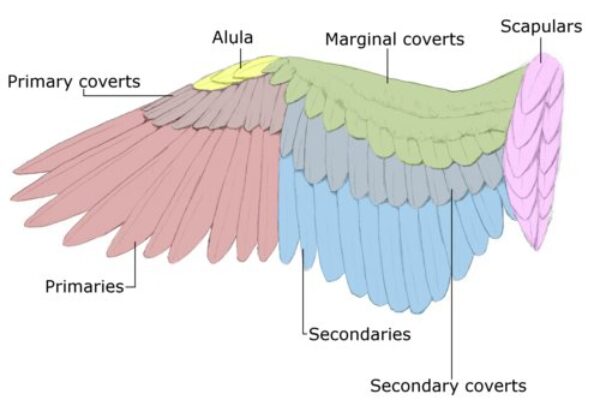


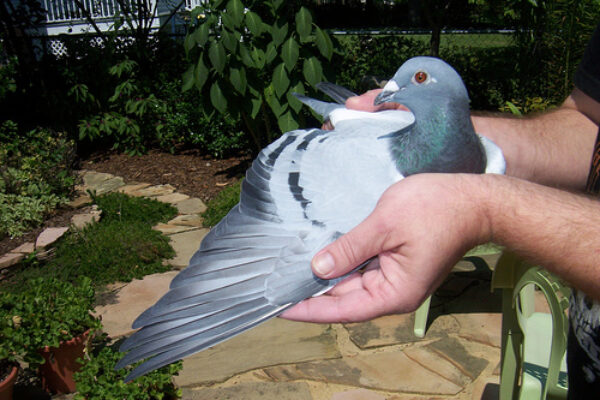
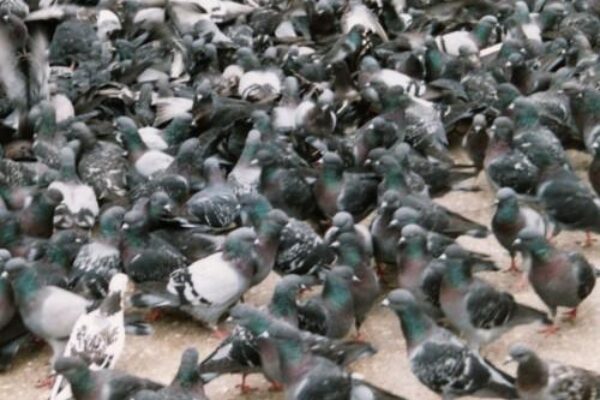
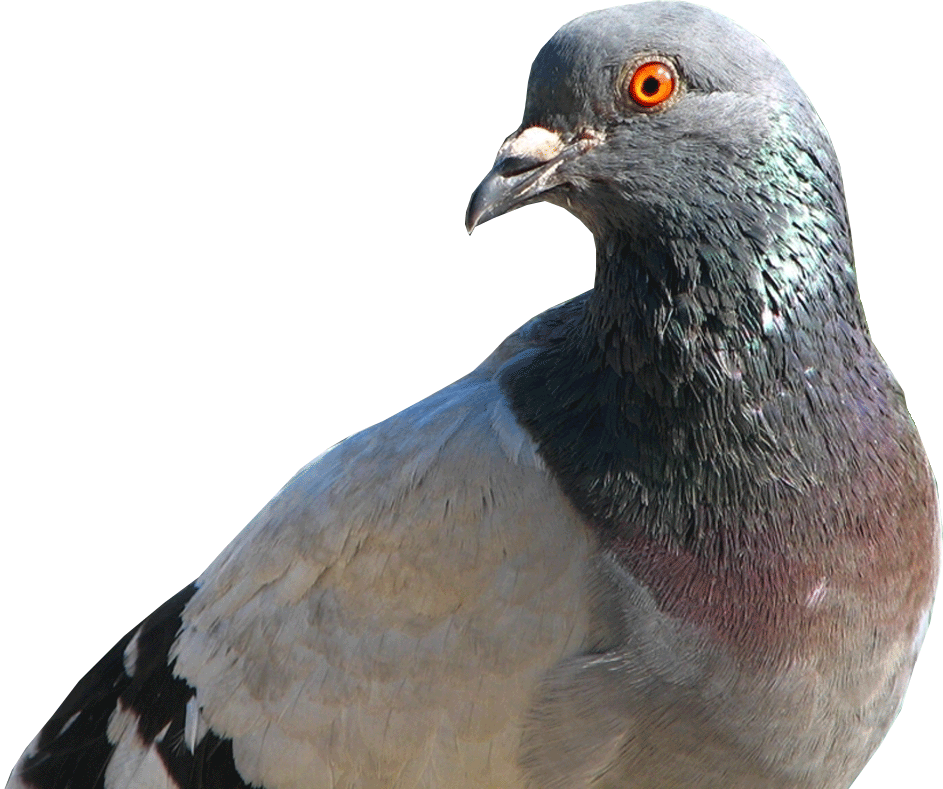

Hi chris my name is Desmond of South africa.i found your articales very interressting and would like to ask you a program on feeding for the middlei an long racese .Hop you can assist me in this matter
Dear All,
Plse bear in mind that the garlic is a blood purifyer and should be assisted by a good
vitamins supply.
Great tip Rudolf! thanks for posting.
dear sir,
i have high flyer pigeons its also getting good results now.. so iam very happy to now for garlic tip………. thank you sir,,,
Hi my pigeon is not a month old yet and it has yellow red pimples on its body and beak it eats and drinks just fine but the pimples won’t go away can garlic help if it eats it or drinks it in the water pls reply quickly thank you
It sounds like you have canker garlic won’t cure it.
HI
GARLIC IS GOOD FOR SICK PIGEONS.
GARLIC BECAUSE LOWERING BLOOD GLUCOSE ALSO AND FAT IS NOT GOOD FOR RACING PIGEONS.
PUT GARLIC IN WATER FOR PIGEONS BATH.